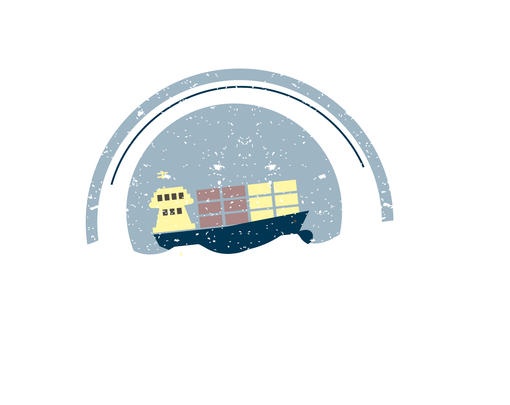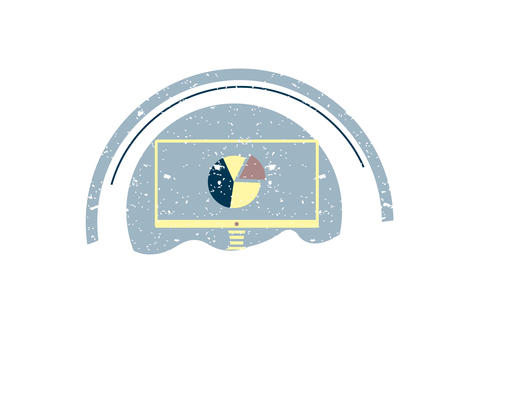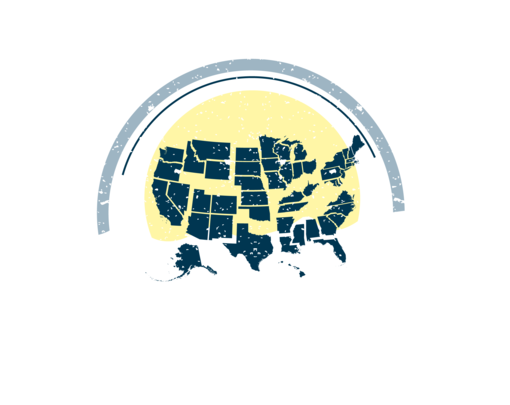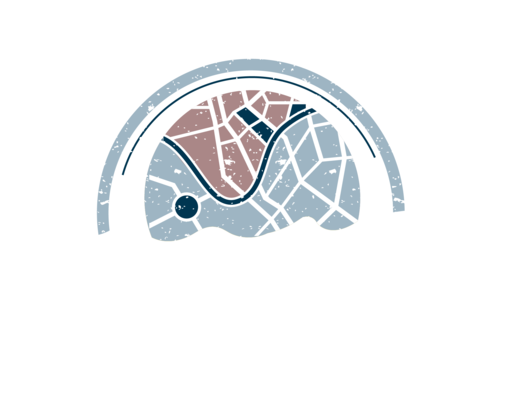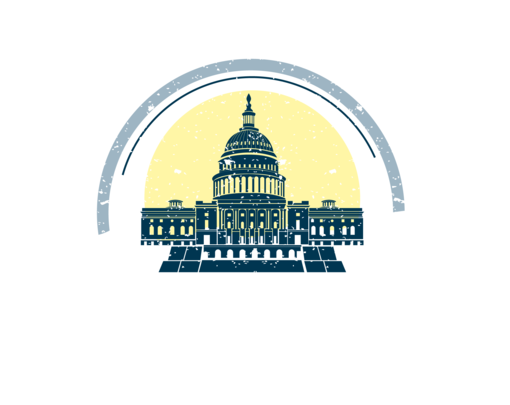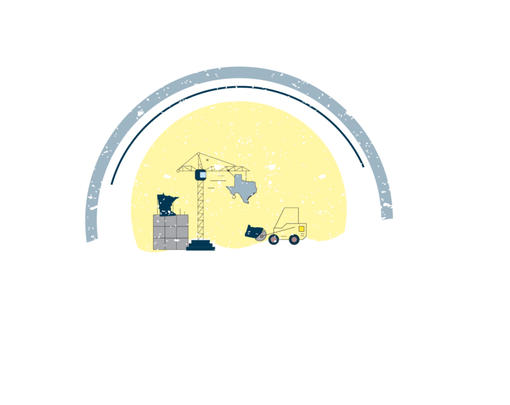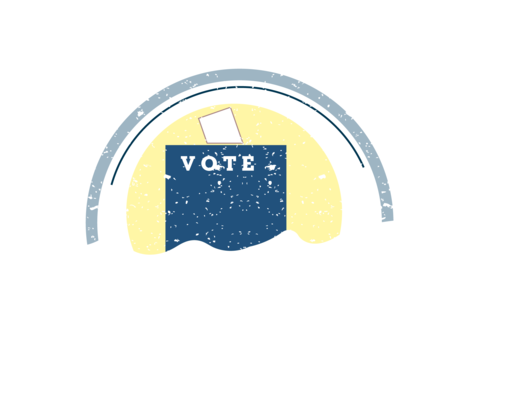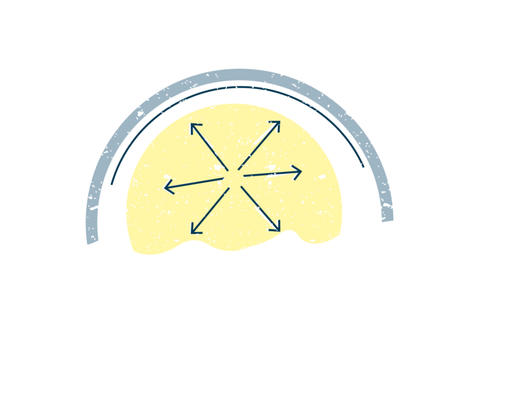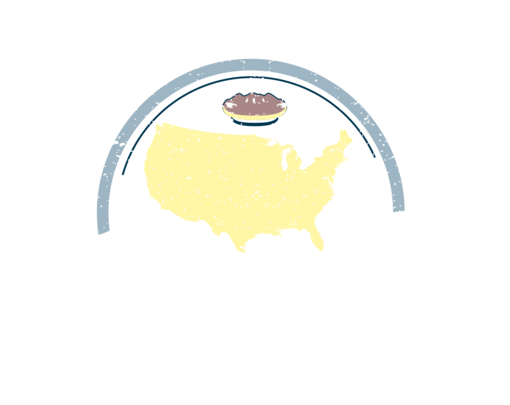How is money created in the current system?
Most people think of “money” as something real, something kind of like gold or silver—but in general that is simply not what “money” actually is. “Money”—whether printed, minted, or simply appearing in digital form (as, for instance, in credit card transactions)—is, in fact, a promissory note. The note ensures payment to whoever holds it—and must be accepted by anyone in payment of a debt or for any other agreed transaction (like buying groceries or paying the rent). Money works because the federal government, by force of law, ensures that everyone must accept this pledge as legal tender.
A moment’s reflection will also make it obvious that the creation of money—i.e. promises to pay backed by law that must be accepted—cannot be static. Since population and the economy grow, so too, the supply of money must grow. The authority chartered with the power to issue ever expanding numbers of “promises to pay that must be accepted” in the US, is the Federal Reserve Board. It does so, regularly increasing the money supply—literally out of thin air, with nothing more than accounting entries denominated in dollars which are used to buy securities from banks in the private sector. The newly created dollars in the banks’ accounts are then used to support loans—and, in fact, multiplied as they are lent out to borrowers, since the banks are permitted to loan out ten times as much as they hold in reserves (through the so-called “fractional reserve” system). Once loaned out (to finance the building of a home, the purchase of a car, or the development of a new business) the “promises to pay” go into the economy, and end up re-deposited either in the same bank or (usually) another bank, providing possibilities for still further investing and expansion of the money supply.
How is money created in the Pluralist Commonwealth?
Modern monetary theorists have helped clarify the obvious point that private banks are not essential to the design of the system. It would be possible for the Federal Reserve to bypass the banks which profit by selling bonds to the Fed and, instead, invest the proceeds, for instance, in a public “Infrastructure Bank” that could finance the repair and development of our decaying roads, highways, bridges, and water systems (and in the process, quite possibly, end the lead poisoning of children in cities like Flint, Michigan). Direct loans to federal, state, and local government could also attenuate the power of large private banks that often force unwise, uneconomic and inequitable decisions on public authorities—including, most egregiously, undermining contractually agreed retirement payments to teachers, police and other public employees.
Where can we see key elements of a new approach to monetary policy emerging today?
With interest rates near zero during the Great Recession, we saw the emergence of “quantitative easing” (QE)—the direct creation of money by Federal Reserve Board via purchase of mortgage-backed securities and government bonds aimed at increasing the money supply (and not simply constraining or shaping interest rates in support of one or another promised economic goal).1 But QE has so far still depended on private banks as the intermediary between the government’s power to create money and the economic system. In the UK, the Labour Party under Jeremy Corbyn has advocated for a “People’s QE”—in which the intermediary would be bypassed in favor of direct investment in public job creation, a strategy that is likely to become increasingly important in general, and one that the Pluralist Commonwealth is likely to pursue in particular.2
Effectively and efficiently developing a pipeline that delivers money into the economic system where it is needed most requires more than political will and open acknowledgement of the way the money system actually works. In particular, developing a network of publicly controlled intermediary lending institutions is critical. Here, the nearly century-old Bank of North Dakota, the nation’s only “public bank,” is a key inspiration for Pluralist Commonwealth development. Organizers in states and cities across the country are exploring how to build similar institutions that can actively work to circulate investments that support and sustain local economies, rather than merely facilitating financialized extraction. Indeed, the Bank of North Dakota can borrow from the Federal Reserve directly without a private intermediary and thereby lend at lower rates to local governments. The state government, in turn, can place its deposits and tax collections with the public Bank rather than with private ones, thereby further increasing the amount of money that can be leveraged to support local economic wellbeing.3
Further reading
Ellen Brown, Web of Debt: The Shocking Truth about Our Money System and How We Can Break Free (Baton Rouge, LA: Third Millennium Press, 2012).
Tom Malleson, After Occupy: Economic Democracy for the 21st Century (New York, NY: Oxford University Press, 2014).
L. Randall Wray, Modern Money Theory: A Primer on Macroeconomics for Sovereign Monetary Systems (New York, NY: Palgrave Macmillan, 2012).
- 1Trefis Team, “Quantitative Easing in Focus: The U.S. Experience,” Forbes, November 16, 2015, accessed November 4, 2016.
- 2Ambrose Evans-Pritchard, “Jeremy Corbyn’s QE for the people is exactly what the world may soon need,” The Telegraph, September 16, 2015, accessed November 4, 2016.
- 3Josh Harkinson, “How the Nation’s Only State-Owned Bank Became the Envy of Wall Street,” Mother Jones, March 27, 2009, accessed August 26, 2016.



